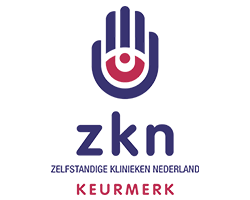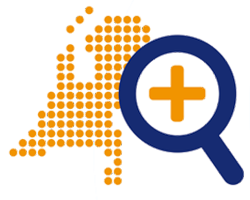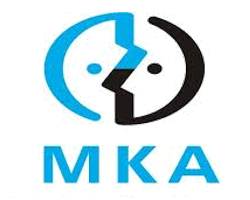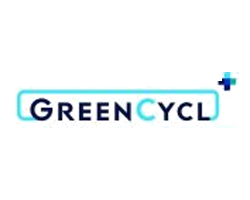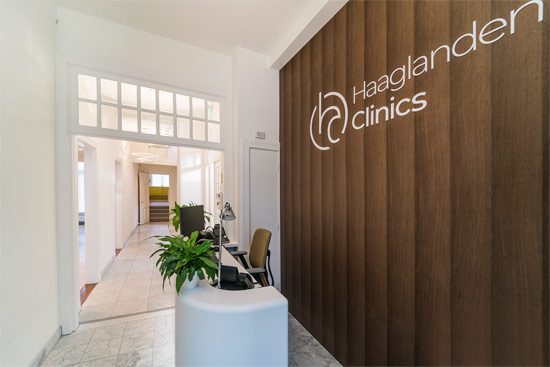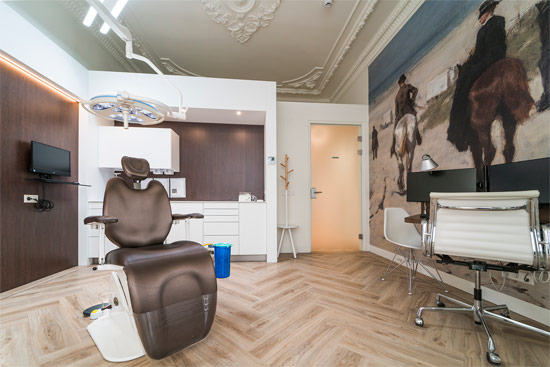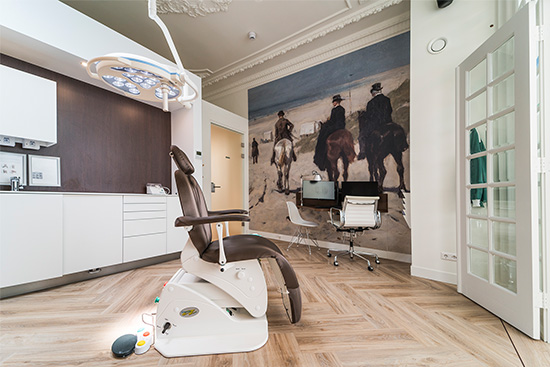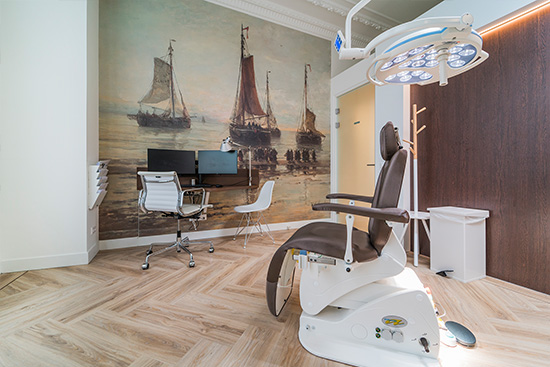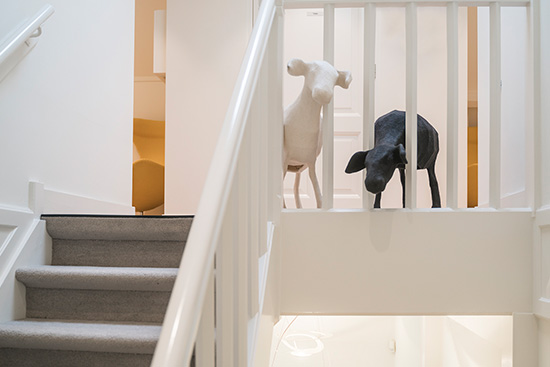Preparations
1. If you have a letter of referral from your dentist, you can schedule an appointment with us. Please bring your referral letter, your ID and a list of any medications you take. Before your first appointment, you will also be asked to fill in a medical questionnaire at home.
2. Typically, we will first do an X-ray and then discuss our treatment plan with you. The doctor will explain what the treatment will consist of.
We can usually treat you right away, but in some cases, you may have to schedule a new appointment. The doctor will discuss this with you. If you need to have teeth extracted on both sides, this will usually require two appointments, scheduled about 6 weeks apart. Upper and lower teeth on the same side can generally be extracted in one session.
3. If necessary, you will be given a prescription for painkillers, mouthwash and any other necessary medication.
Procedure
You will be given an anaesthetic similar to that used by the dentist. Please let us know if you are fearful of needles or injections, so that we can take this into account. We will cover you with sterile cloths to keep the procedure as clean and hygienic as possible. If you wish, the assistant can talk you through what is happening during the treatment.
During the extraction process, you will hear some sounds and may feel a lot of pressure in your mouth. This procedure should not hurt. At the end of the procedure, you will be given a gauze pad to stop the bleeding in your mouth. You must bite down on this gauze pad for at least 30 minutes.
Aftercare
After the treatment, the assistant will explain what you need to do:
•Continue to bite down on the gauze for half an hour
• Take a painkiller
• Cool the affected area
• Start using the mouthwash after 24 hours
• Do not eat, and allow coffee and tea to cool sufficiently before drinking while you can still feel the effects of the anaesthetic
• Keep an eye on the swelling
• Do not sit out in the sun
• Do not smoke
• Brush your teeth just as you usually would
• Start brushing the stitches after a week
• Please note that you will not be able to open your mouth as far as you are used to for a little while.
If necessary, we will also schedule a follow-up appointment.
If you are concerned about your recovery, please feel free to contact us.
An impression of Haaglanden Clinics GREEN
